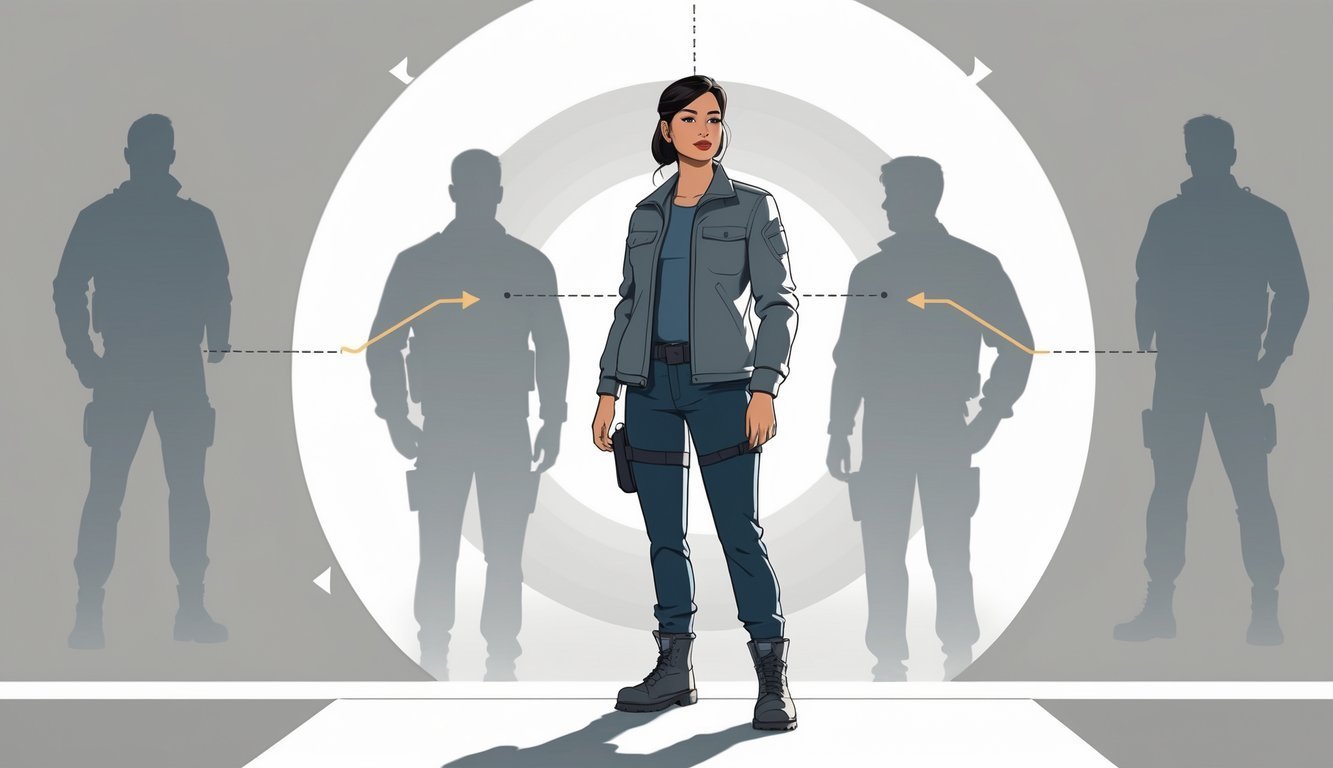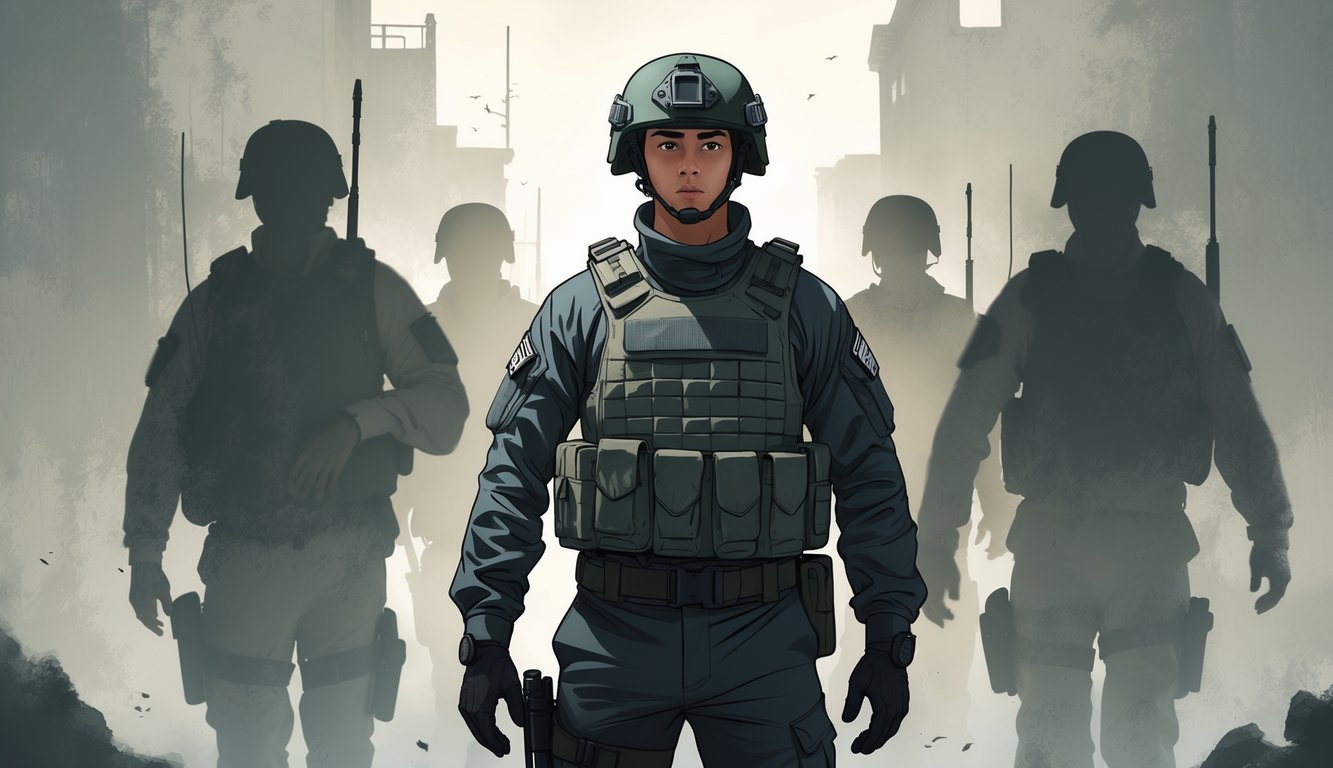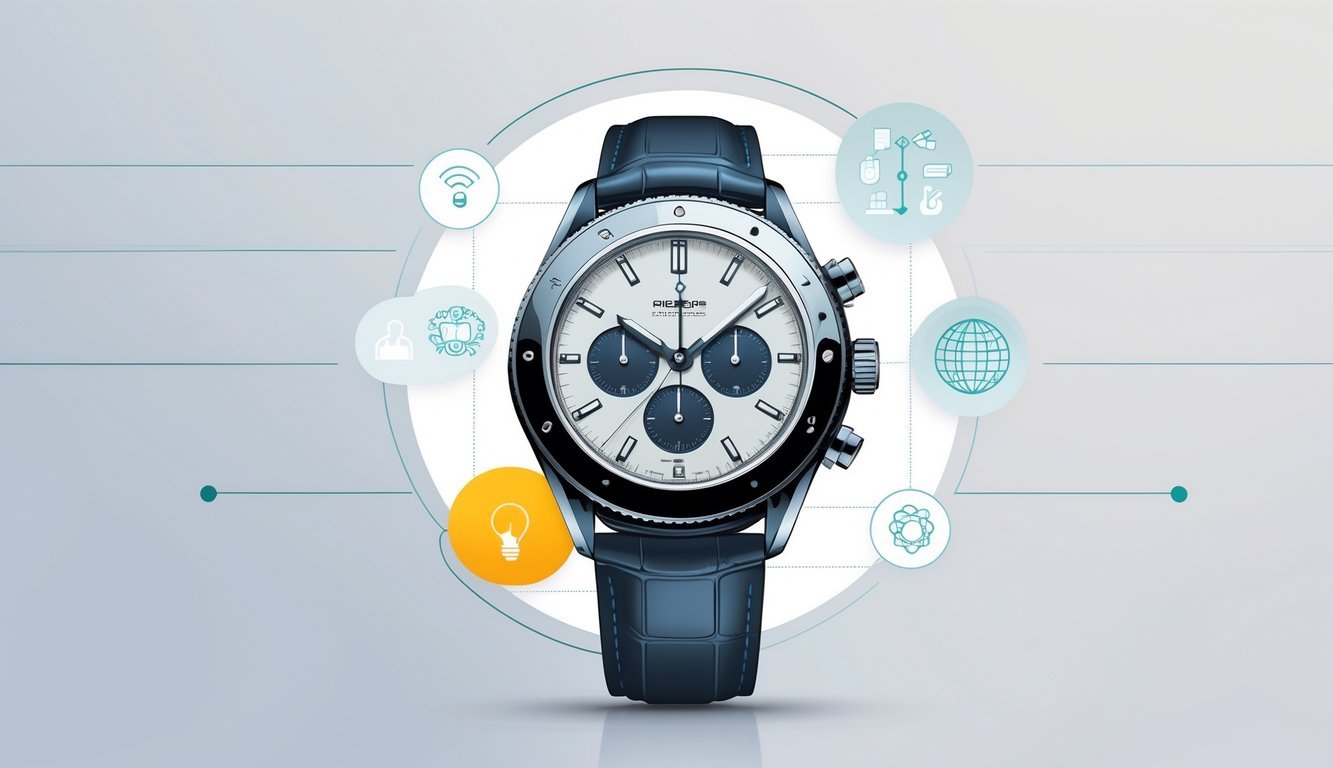PsychNewsDaily Publishers
100 Summit Drive
Burlington, MA, 01803
Telephone: (320) 349-2484
PsychNewsDaily Publishers
100 Summit Drive
Burlington, MA, 01803
Telephone: (320) 349-2484
"Watch your six" means to be aware of threats behind you, originating from military slang using clock directions for situational awareness. It's now used in various contexts.

Ever heard someone say “watch your six”? Maybe you’ve wondered what it’s all about. “Watch your six” basically means keep an eye on your back—be aware of what’s going on behind you. The phrase comes from the military, where folks use clock directions, and six means right behind you.
People use this saying outside the military now, too. You’ll hear it when someone wants you to stay alert or just be careful. Whether you’re joking with friends or watching an action movie, knowing what “watch your six” means helps you catch those little hints about safety.

When someone says “watch your six,” they’re telling you to watch your back. This comes from using a clock face to show directions. Military folks love this phrase, but you’ll hear it in all sorts of situations where you need to stay alert.
Military slang gave us “watch your six,” especially in places like the US military and the Air Force. Fighter pilots during World War I and later wars started using it. They had to keep an eye out for enemy planes sneaking up from behind.
Looking over your shoulder could save your life in battle. “Watch your six” became a quick way to remind someone to stay sharp. Other military branches and law enforcement picked it up, too, using it to mean “cover your back” or “be alert.”
The phrase uses a clock face to describe directions. Picture yourself facing forward. Twelve is right in front of you. Six is directly behind you.
So if someone says “watch your six,” they mean you should look behind you. The clock system lets people explain where things are—fast. It works well in dangerous or fast-moving situations, like aerial combat or ground missions.
Soldiers and pilots work in teams. Each person covers the “six” of the teammate ahead, watching their back for threats. Fighter pilots in the Air Force use this all the time during dogfights.
In everyday life, you’ll hear “watch your six” when someone wants you to be careful. Police officers say it to remind each other to check behind them. It’s just a simple way to say “stay safe.”

People have taken the phrase beyond the military. Now you’ll hear it anywhere folks want to talk about trust, alertness, or looking out for each other. It’s funny how a simple saying can carry so much meaning in different circles.
“Watch your six” started out as a military term. Now, people use it in casual chats, sports, and even at home. If you say, “I got your six,” it means you’ve got someone’s back.
Using this phrase keeps you alert, especially in tricky situations. It’s almost like saying, “I’m here for you.” Friends or teammates might use it to warn each other to stay sharp.
It also brings a sense of discipline and readiness—things that matter in the military, but really, they’re useful in any team.
You might hear “cover my six,” “check your six,” or “take care of your own six.” They all mean the same thing: watch your back.
These phrases have that military vibe, but you’ll hear them in sports or leadership, too. Teammates in sports use “watch your six” to remind each other to stay alert for opponents.
Other military-inspired slang like “bite the bullet” or “in the trenches” shows how much military language shapes everyday talk. It’s kind of cool, isn’t it?
In any group—family, sports team, work crew—“watch your six” is all about trust and teamwork. You count on others to be alert and have your back.
This phrase helps build a cohesive unit where everyone looks out for each other. It pushes people to be responsible and look after the team.
Places like Fort Benning train you to stay ready for anything. You learn to protect your team, and that lesson sticks with you anywhere you go.
When you tell someone to “watch their six,” you’re asking them to be careful, loyal, and alert. Those are the things that make any group strong.

Got questions about “watch your six“? Here are some quick answers about why people use it, how pilots and sailors talk about it, and how it compares to other phrases.
“Watch your six” helps soldiers stay aware of danger behind them. In the military, the back of your body is called the “six o’clock” position, so the phrase means check your back.
It keeps people alert during missions where threats can come from behind.
Absolutely. “On your six” works outside the military, too. People use it to warn someone about problems or risks sneaking up behind them in daily life.
It’s just a way to remind someone to pay attention to what they can’t see.
The phrase came from World War II. Pilots used a clock face to talk about directions, with 12 o’clock ahead and 6 o’clock behind.
If you told a pilot to “watch your six,” you meant they should look out for enemy planes coming up from behind.
Pilots use “watch your six” to warn each other about danger behind them in the air. It’s a quick way to remind teammates to check their rear view for threats.
That keeps the whole team safer during flight.
On ships, sailors say “watch your six” to remind each other to stay alert about what’s happening behind. It helps crews protect the ship from surprise attacks or obstacles coming from the rear.
When someone says, “Watch your 12,” they’re telling you to pay attention to what’s right in front of you. That’s usually where trouble might show up first.
On the other hand, “watch your six” means you should look out for threats coming from behind. These phrases just help you stay sharp from every angle.